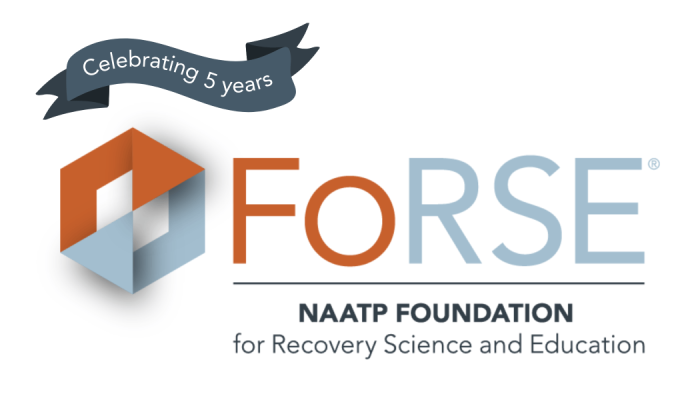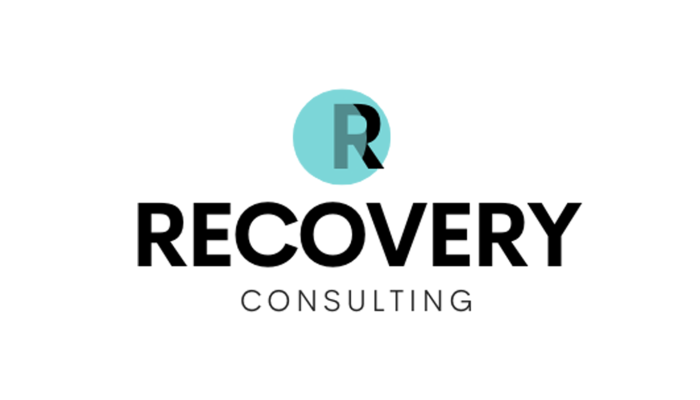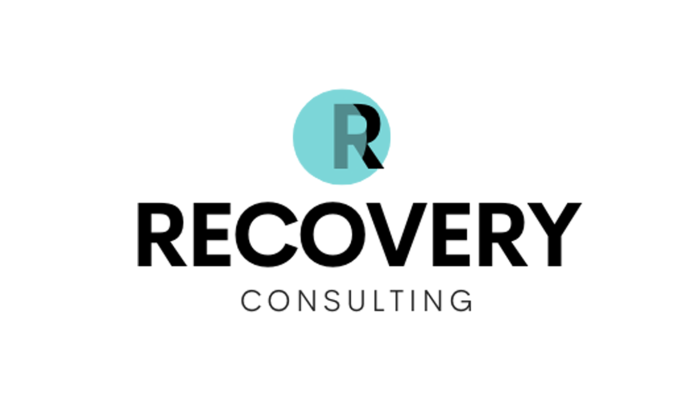Oct 26, 2020
Times are hard, and the treatment community is not immune. Many treatment programs face declining revenue from insurers and health plans at the same time the programs are confronting the rising cost burdens of Covid-19 (social distancing limits on capacity and the costs of personal protective equipment, to name just two). That this is occurring as the epidemic of opioid addiction continues to burn out of control, as we all face unprecedented levels of isolation, stress, and disruption, and as insurers book record profits makes the reimbursement situation a cruel irony worthy of Shakespeare.
One of the many ways that insurers exercise power over treatment programs is through the increasingly aggressive use of recoupment demands—demands that the programs return money that health plans already paid to the programs. That’s money the treatment program has already spent on staff and overhead and on, well, treatment. Occasionally these recoupment demands are based on legitimate errors—the wrong dates of treatment, for example, or the wrong patient account—but far more often they are based on inadequacies that exist only in the fevered imagination of the managed care industry. Things like failing to include counselors’ qualifications with every signature; group therapy notes that are not long enough; payment for two services on the same day when the patient, in fact, received two services on the same day. So even though the care was actually provided to the patient, the health plan thinks they can demand a full refund.
This can put providers in a tough spot.
With commercial insurance, most benefit decisions are supposed to be governed by a federal law known as ERISA. ERISA leaves a lot to be desired, but it does give patients and their families a set of clear procedural rules. Benefit decisions have to have a rational basis, and plan members need to have notice of what their rights are and what the procedures are.
By directing their recoupment demands to the program and not the patient, however, insurers can largely avoid all the procedural rules of ERISA. Insurers take the position that they can just demand the money back, end of story, and they simply ignore ERISA’s rules and requirements. Most of the time they don’t even notify the patients—even though the patients might be left holding the bag, if the patient’s account ends up unpaid after a recoupment payment back to the health plan. The health plans cut the patient out of the loop because they know that if they went straight to the patient and had a straight-up, ERISA-bound conversation over whether or not an insurance benefit was properly paid, they would lose most of the time. When an insurer goes straight to the provider, by contrast, they simply ignore the ERISA process.
Providers often try to resist recoupment demands by attempting to invoke the ERISA procedural rights of their patients, but based on some recent developments in federal ERISA law that is rarely a successful strategy. To put it bluntly, when it comes to recoupment demands, the ERISA playing field is tilted in favor of insurance companies and health plans.
But ERISA is not the only field where these battles are played out. Every state has its own laws that govern contracts for services, and those laws can often provide a playing field that is much more level and fair. If you ask me to put a deck on your house and I actually buy the materials and build the deck and you pay me for the deck, and you then come back 18 months later and demand a complete refund of everything you paid for the deck because one of the receipts for deck screws wasn’t in the proper format—well, under the general contract law of every state, you don’t get to demand your money back. Even if you and I had expressly agreed that I would submit deck screw receipts on a particular form and I used the wrong receipt form, you would not be entitled to get a full refund (and still keep the deck!) if I used the wrong one. To bring it back to treatment: the general contract law of every state recognizes that if you provide treatment services to a patient and are paid fairly for those services, an insurance company is not allowed to demand money back after the fact based on the program’s alleged failure to comply with the insurance company’s arcane rules. At most, the insurance company would arguably be entitled to a refund for the amount for the decrease in value caused by the tiny recordkeeping error (in other words, next to nothing).
There is also a less well-known legal doctrine, known as the volunteer doctrine, that provides an even more powerful weapon for treatment providers facing recoupment demands. It’s a pretty simple concept, and it is found in the law of most states. If an insurer voluntarily makes a payment, it cannot later demand that someone else reimburse it for that payment. And this is where insurers are stuck, and why they should lose on recoupment demands every single time. Because the insurer was either required to make they payment under the terms of the insurance policy, or they weren’t. If they were required to make the payment under the terms of the policy, then they obviously have no right to demand a refund because, well, they were required to make the payment. If, on the other hand, they were not required to make the payment, then they made the payment as a volunteer and cannot seek reimbursement, recoupment, or refund from the provider.
The volunteer doctrine as applied to health insurance has not yet been tested in the Courts. The doctrine has been applied in liability insurance disputes for years, but it is, for some reason, a fairly new player on the health insurance field. In the author’s recent experience, however, its invocation has very dramatically reduced the size of an insurer’s recoupment demand.
Every case has its own twists and turns. This is a complicated area of the law, and this article is not legal advice. But if you are faced with an unreasonable recoupment demand, do not lose hope. Consult an attorney who knows this area of the law. Your hand might be stronger than you think.
Author:
Greg Heller
Young Ricchiuti Caldwell & Heller, LLC
Greg Heller is a trial lawyer based in Philadelphia, Pennsylvania. For over fifteen years, he has worked to expand access to addiction treatment and remove barriers to addiction treatment. He represents providers around the country who are involved in payment disputes with managed care companies. He has successfully litigated mental health parity and health insurance bad faith cases, and is actively involved in a number of litigation and policy efforts designed to increase resources available for addiction treatment across the entire continuum of care. He can be reached by email at [email protected] and by phone at (267) 546-1004.





















